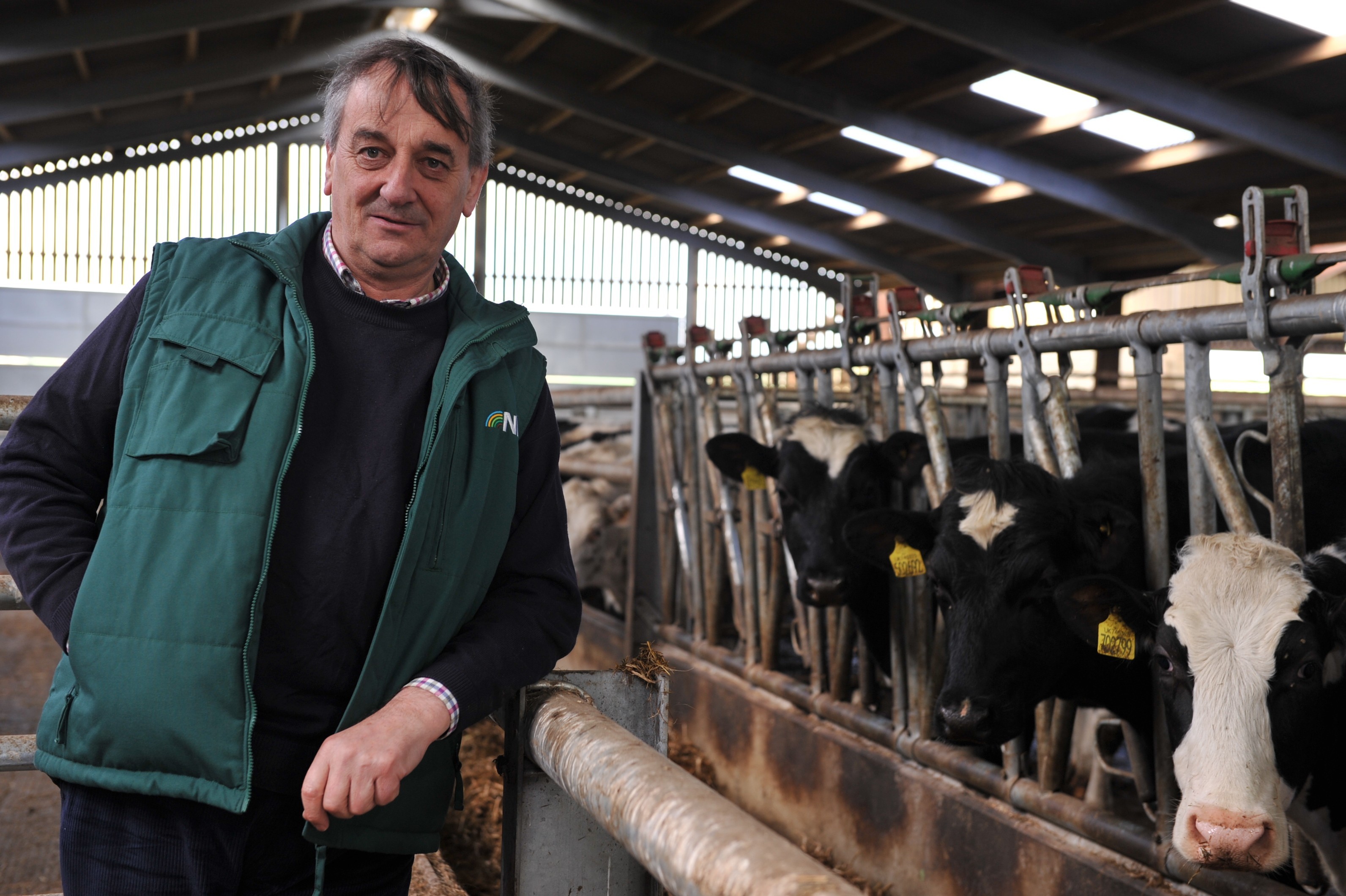Britain’s farmers’ unions have ended the year with pledges to seize the opportunities offered by Brexit.
In a New Year message to the industry, English NFU president Meurig Raymond’s tone was upbeat and confident as he looked ahead to the next 12 months.
“There is no doubt in my mind that 2017 will be an historic, unique opportunity to present a new deal for farming with Britain,” he said.
“We expect 2017 to be busy. We’ll set out our expectations for a post-Brexit domestic farm policy in the new year as part of our response to the anticipated Defra Green Paper, which will re-visit its unpublished 25-year plan and take Brexit into account.
“This must aim to create a policy that delivers world-class farming that is supported by a world leading science base to ensure our post-Brexit future is profitable, competitive and productive for us all.”
Mr Raymond said he was proud of how the NFU and his members had responded to the Referendum result.
“Members’ message during our consultation has been clear – make the case for farming to Government; ensure we have a policy that allows farms to be profitable, competitive, and progressive; and don’t regret what might be lost – seize the opportunity.
“NFU officeholders and staff have done just this. We’ve built an historic coalition with other farming organisations, food producers and processors and ensured that our messages are being heard in the corridors of power in Cardiff and Westminster.”
NFU Scotland’s chief executive Scott Walker delivered his union’s message for 2017 and said NFUS would ensure that Scottish agriculture was central to talks on the future shape of agricultural policy, the basis for support, access to EU and world markets and access to non-UK labour. And he confirmed the union would work with other like-minded organisations.
“It is a strategy that has already seen NFUS join with other unions in pulling together the largest-ever coalition of companies and organisations from the UK food chain. Our letter was signed by food producers, processors and manufacturers which employ nearly a million people with a turnover of £92billion.
“Together, we called for tariff-free access to the single market and continued access to a competent and reliable workforce,” he said.
“This is paramount for food and farming to flourish post-Brexit, and securing it will command NFU’s absolute commitment and resources in 2017.”
But both men leaders make no bones about the impact of 2016’s referendum and the other challenges of the past year.
“It is fair to say that 2016 has been a tumultuous year for the farming industry, as it has been for the country,” said Mr Raymond.
Mr Walker referred to Scotland’s wettest winter on record, crashing farm commodity prices and a cash crisis compounded by the Scottish Government’s failure to deliver support payments and said: “For our members 2016 has been a torrid time.”
Yet Mr Raymond said that despite the uncertainty for farms, public support for British farming remained as strong as ever.
He added: “We must continue to give people strong reasons to back British food and farming now and in the future. British farming is the bedrock of the UK’s largest manufacturing sector – food and drink. The sector is worth £108 billion to the nation’s economy and provides jobs for 3.9 million people.”
